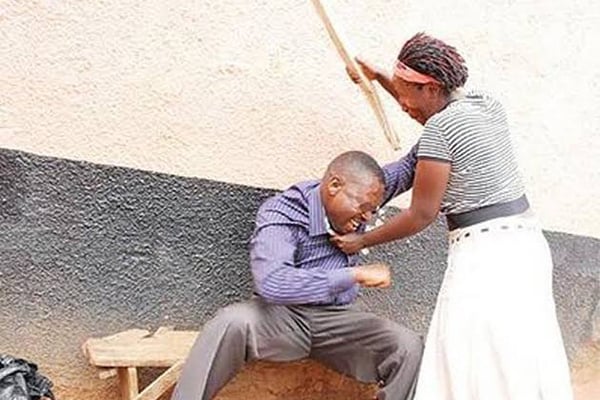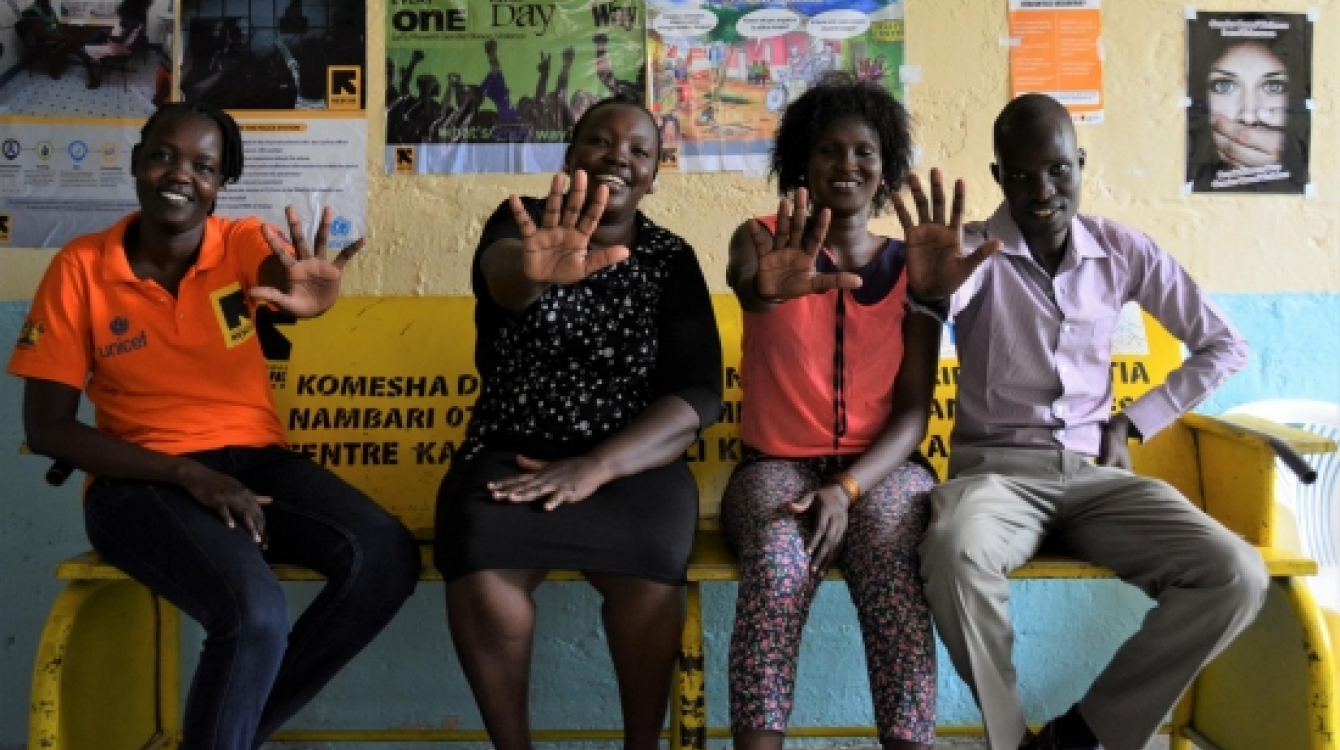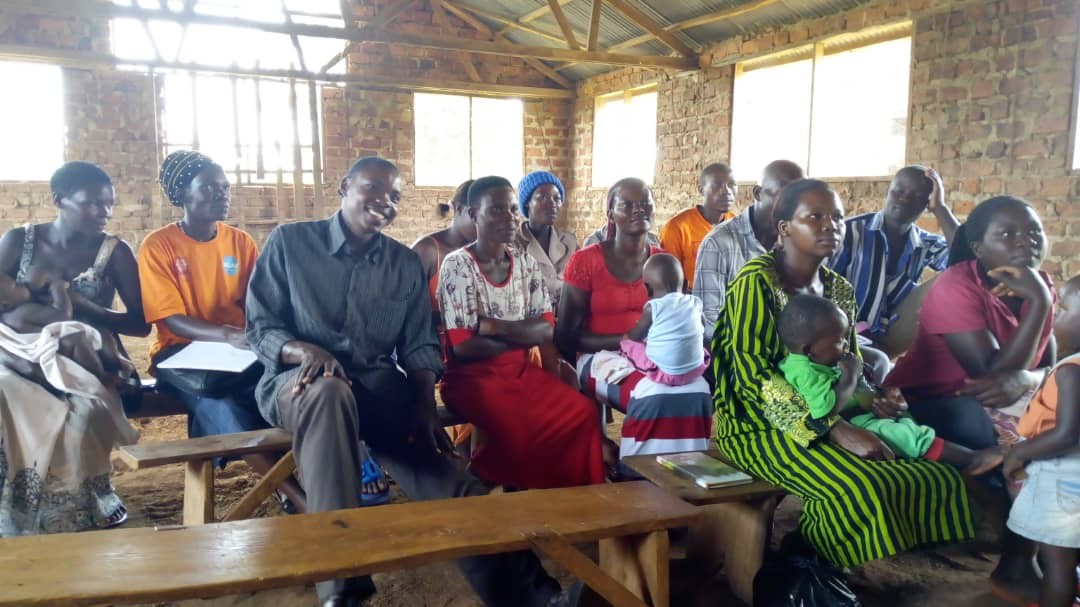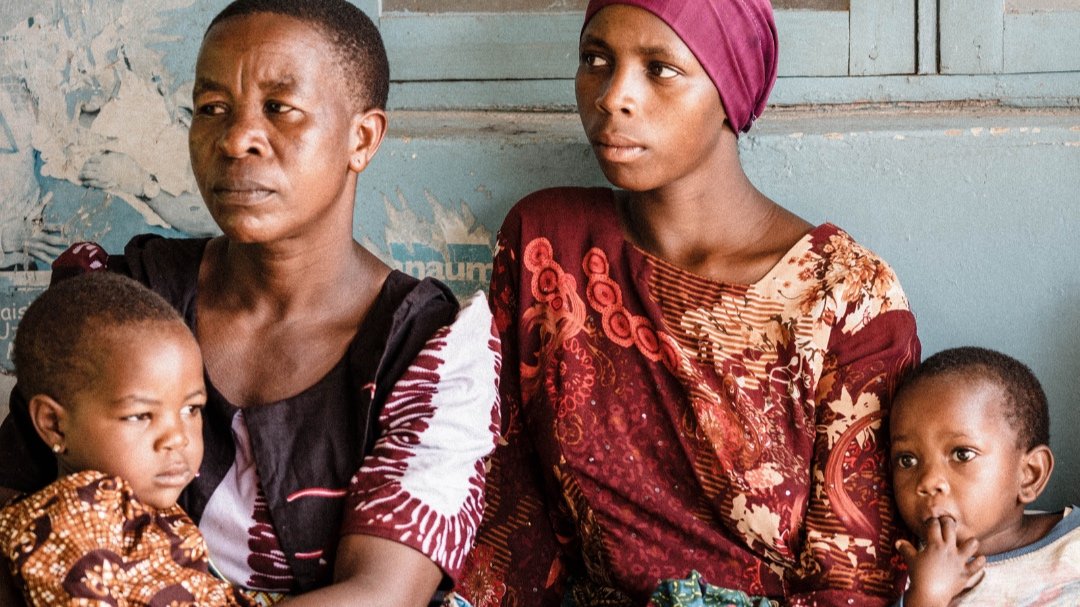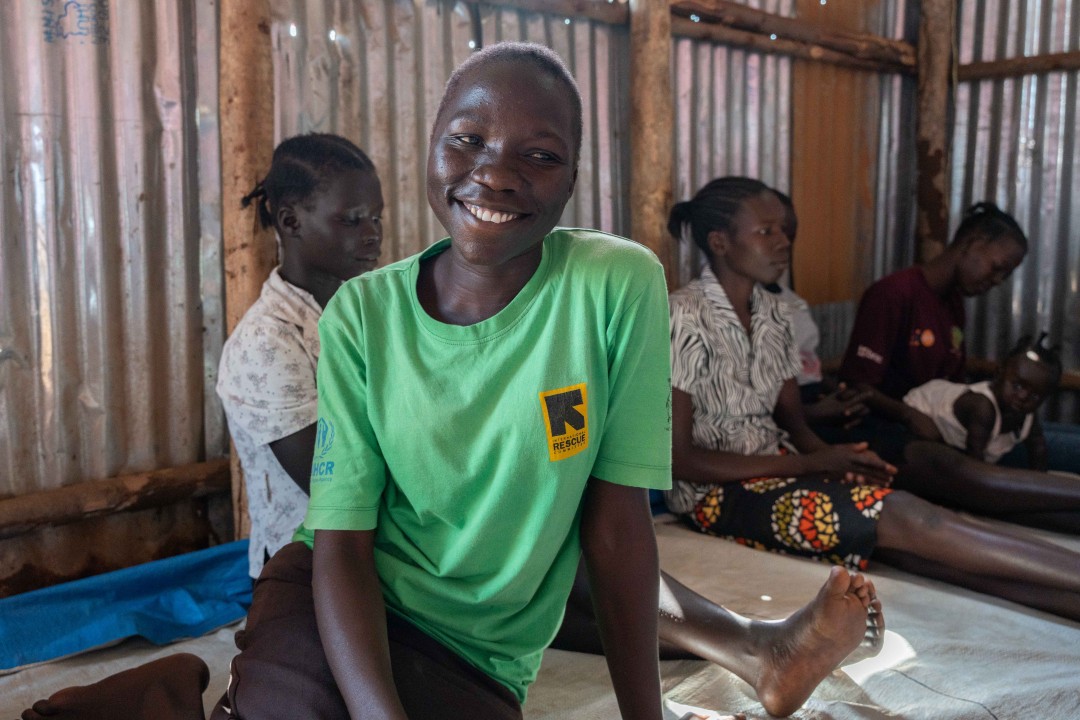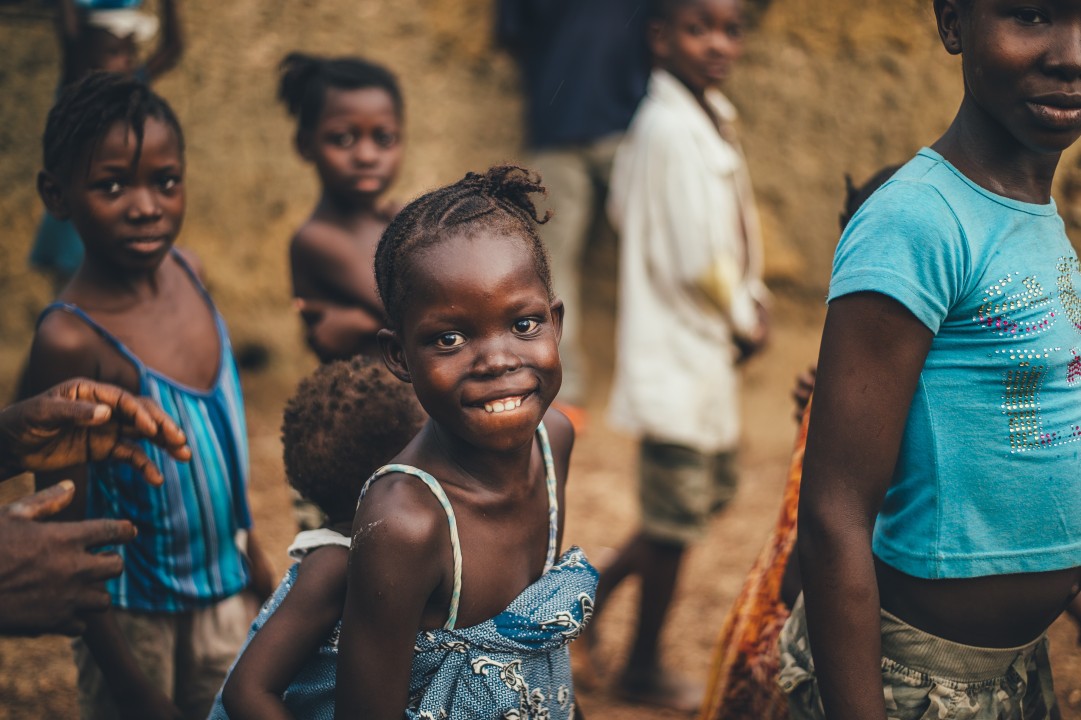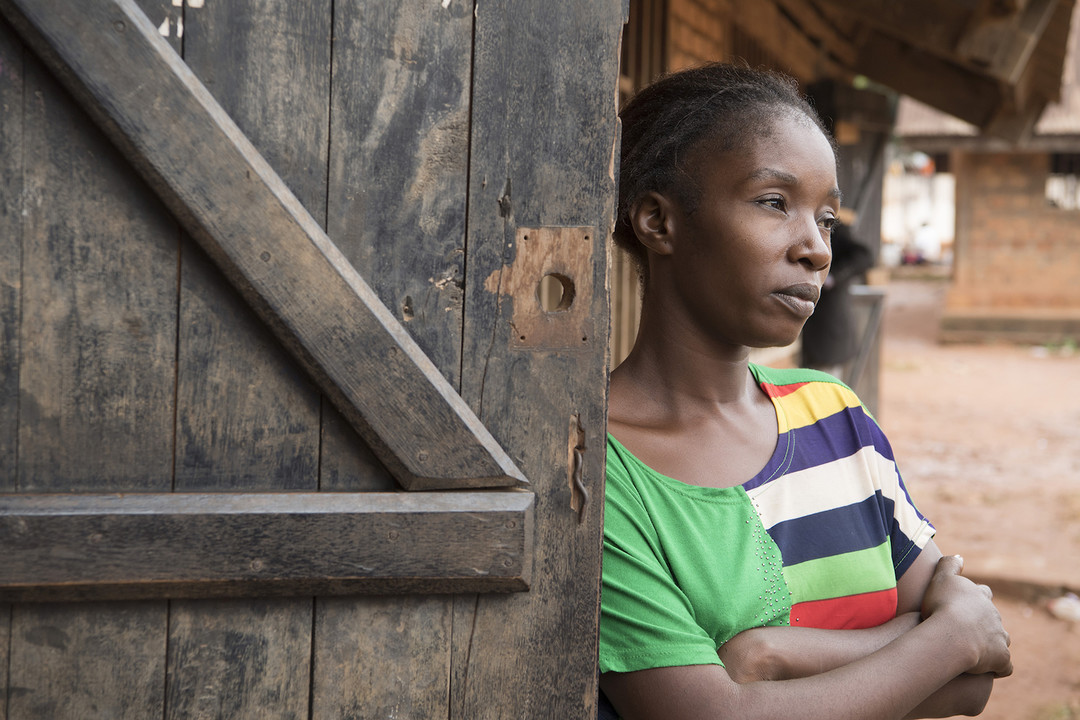Breaking the Silence: Tackling Domestic Violence in Uganda with Pivot of Grace
In Uganda, domestic violence is a pervasive issue that affects individuals, families, and communities. Often hidden behind closed doors, it leaves victims, particularly women and children, to suffer in silence. Pivot of Grace is standing up against this devastating issue, working tirelessly to bring awareness, provide support, and offer hope to those affected.
This article sheds light on the issue of domestic violence in Uganda, the challenges victims face, and how Pivot of Grace is helping to break the silence and offer a lifeline to those in need.
The Harsh Reality of Domestic Violence in Uganda
Domestic violence is a deeply rooted problem in Uganda. Cultural norms, gender inequality, and economic stressors contribute to the high rates of abuse in homes across the country. According to reports, as many as 56% of married women in Uganda have experienced some form of domestic violence, whether physical, emotional, or sexual.
Jane, a 34-year-old mother of three, recounts her experience: “For years, I lived in fear. My husband would beat me whenever he was angry. I had no one to turn to, and I felt trapped. I didn’t know where to go or what to do.”
Victims like Jane face numerous barriers when it comes to seeking help. Fear of retribution, lack of financial independence, and the stigma attached to reporting domestic violence often prevent victims from reaching out for support. In rural areas, the problem is even more pronounced, with limited access to services or law enforcement. Many women suffer in silence, believing they have no other options.
Pivot of Grace: A Beacon of Hope for Victims
Pivot of Grace is dedicated to changing this narrative. The organization is committed to raising awareness about domestic violence and providing essential support services to victims. Through a combination of education, advocacy, and hands-on assistance, Pivot of Grace is empowering individuals to escape the cycle of abuse and rebuild their lives.
-
1. Raising Awareness: Breaking the Stigma
One of the first steps in combating domestic violence is raising awareness and challenging the cultural stigma surrounding it. Pivot of Grace conducts community outreach programs designed to educate people about the causes and consequences of domestic violence. By engaging community leaders, families, and local groups, the organization is working to change the mindset that domestic violence is a private matter that should remain hidden.
Pivot of Grace’s outreach initiatives include community workshops, radio campaigns, and awareness seminars that provide information on recognizing abuse, understanding the rights of victims, and the importance of reporting incidents of violence.
Grace, a volunteer with Pivot of Grace, explains the importance of these efforts: “When we talk to communities, we’re not just giving out information. We’re changing minds and hearts. People are starting to see that domestic violence is not normal, and it’s not acceptable.”
-
2. Support Services for Victims
While raising awareness is critical, providing tangible support to victims is equally important. Pivot of Grace offers a range of support services to those affected by domestic violence, including:
- Counseling services to help victims process their trauma and regain their self-confidence.
- Safe spaces and shelters for victims who need immediate protection from their abusers.
- Legal assistance to help victims navigate the legal system and obtain restraining orders or pursue justice against their abusers.
- Economic empowerment programs that provide victims with skills training and small business support, helping them achieve financial independence and break free from abusive relationships.
For women like Jane, these services can be life-saving. “Pivot of Grace helped me leave my abusive home and provided me with a safe place to stay. I learned how to sew and started a small tailoring business. I can now support my children and live without fear.”
-
3. Advocacy and Policy Change
In addition to direct support, Pivot of Grace is working at the policy level to advocate for stronger legal protections for victims of domestic violence. The organization partners with local and national government agencies, human rights organizations, and law enforcement to push for more comprehensive laws that protect victims and hold perpetrators accountable.
One of Pivot of Grace’s primary goals is to ensure that survivors of domestic violence have access to justice. The organization is actively involved in advocating for faster processing of cases in courts, stronger penalties for abusers, and increased funding for shelters and support services.
Sarah, a lawyer working with Pivot of Grace, explains: “Changing the law is just as important as providing support. Victims need to know that the legal system is on their side, and that their voices will be heard. We are working to make that happen.”
-
Challenges in Combating Domestic Violence
Despite the progress Pivot of Grace has made, challenges remain. Cultural attitudes that normalize violence, the shame attached to being a victim, and limited financial resources all hinder the organization’s ability to reach everyone in need. Additionally, the COVID-19 pandemic exacerbated the problem, with lockdowns leading to an increase in domestic violence cases as victims were confined with their abusers.
However, Pivot of Grace remains committed to tackling these challenges head-on. By continuing to expand its outreach, services, and advocacy efforts, the organization is making strides in creating safer communities and supporting those most vulnerable to violence.
A Brighter Tomorrow for Uganda’s Families
Domestic violence is a dark reality for many in Uganda, but organizations like Pivot of Grace are shining a light on the issue and offering hope to those who need it most. Through education, support, and advocacy, Pivot of Grace is breaking the cycle of violence and empowering individuals to build safer, more secure futures.
Together, we can make sure that no one has to suffer in silence.

